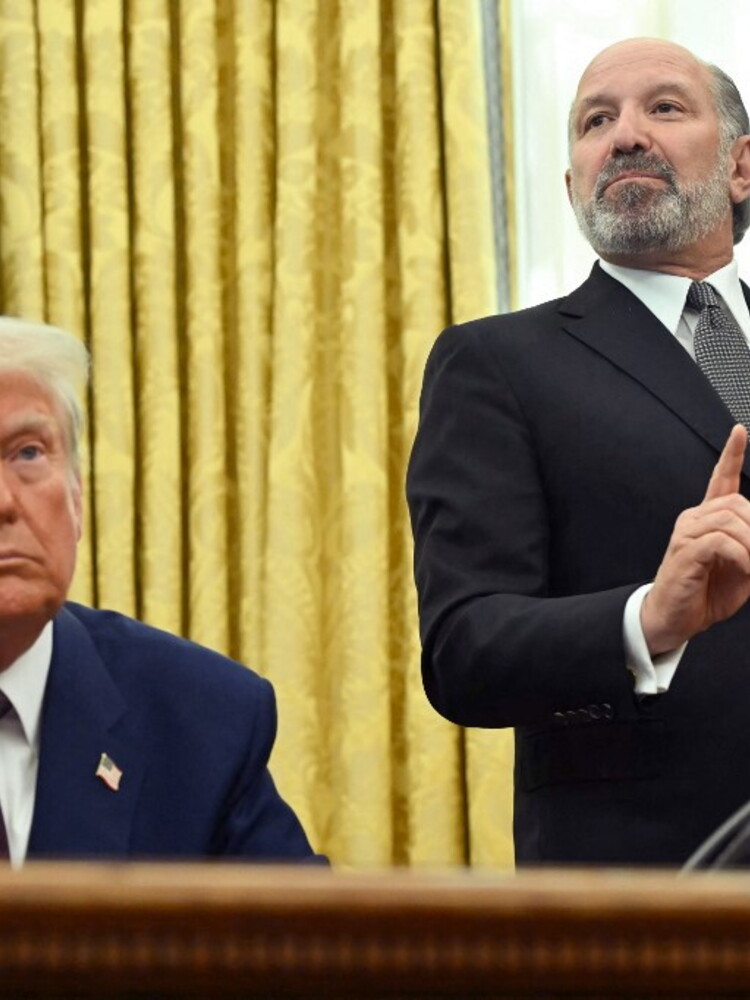Siderurgia, automotive, chemistry and agri -food: these are the excellent ‘victims’ who would pay the duty more, it is appropriate to say it, after the announcement of the raises decided by Trump. After Canada, Mexico and China, the European Union also entered the sights of the American president: the tenant of the White House has decided to raise 25% the tax that weighs on European products intended for the US market.
L’impact of the raises It would be felt throughout the old continent where numerous industries export their assets and services overseas, with a commercial surplus in favor of the EU estimated by the European Commission itself in 50 billion euros. The union, in fact, has a surplus of 157 billion euros in goods compared to the USA while the US has a surplus of 109 billion euros in services compared to the EU.
One of the excellent victims of the increases would be the steel sector. According to the strategic consultancy company Roland Berger, about 25% of European steel exports are intended for the United States. Further duties would be heavily wrapped in the steel sector. It is no coincidence, therefore, that the ministers of the industry of the main European countries have gathered in Paris in the conference on the future of the European steel industry, covered by Minister Adolfo Urso and by the French homologous Marc Ferracci, during which a strategic non -paper has been signed to relaunch competitiveness and “European strategic autonomy”.
In truth, the situation in the sector is already complicated in itself, with a flexion of the demand for steel in Europe of 25% in the last five years, mainly due to the automotive crisis and the collapse of buildings. Another predestined victim would be the car sector. Based on Acea data, More than one million vehicles are exchanged every year between the EU and North America. According to the European Commission, cars and other motor vehicles are among the three most important goods exported by the European Union in the United States.
Il Germany is the most exposed countryfor which the United States represent the second market after China. The rise of duties would aggravate the difficulties of the European automotive sector, already weakened by the decline in global demand, by the increase in energy prices and Chinese competition. Usa duties would also inflict a serious blow to chemistry and ai pharmaceutical products. Chemical companies claim to be already “in serious difficulties” and on Thursday they asked Brussels “immediate and concrete” measures to restore their competitiveness.
To suffer more the consequences, once again, Germany, home of giants such as Bayer and Basf: the United States are the first non-EU market for German chemical and pharmaceutical products. France, Ireland, Switzerland and Belgium are also strongly exposed. Obviously, the substantial European agri -food industry would also be damaged. For countries like Italy and France, the United States represent the first outlet market, starting with wine.
Instead, less worried are equally strategic sectors such as the aeronautics and luxury, diamond tips of the European economy.
On February 20, Airbus Guillaume Faury’s CEO said that his group should not be “directly affected by the duties”: “We sell in the United States, produce, assemble, develop in the United States, like few other companies”, he explained. As for the luxury sector, McKinsey consultancy firm estimates that the increase in duties could reduce the United States expenditure of $ 46-78 billion a year.
